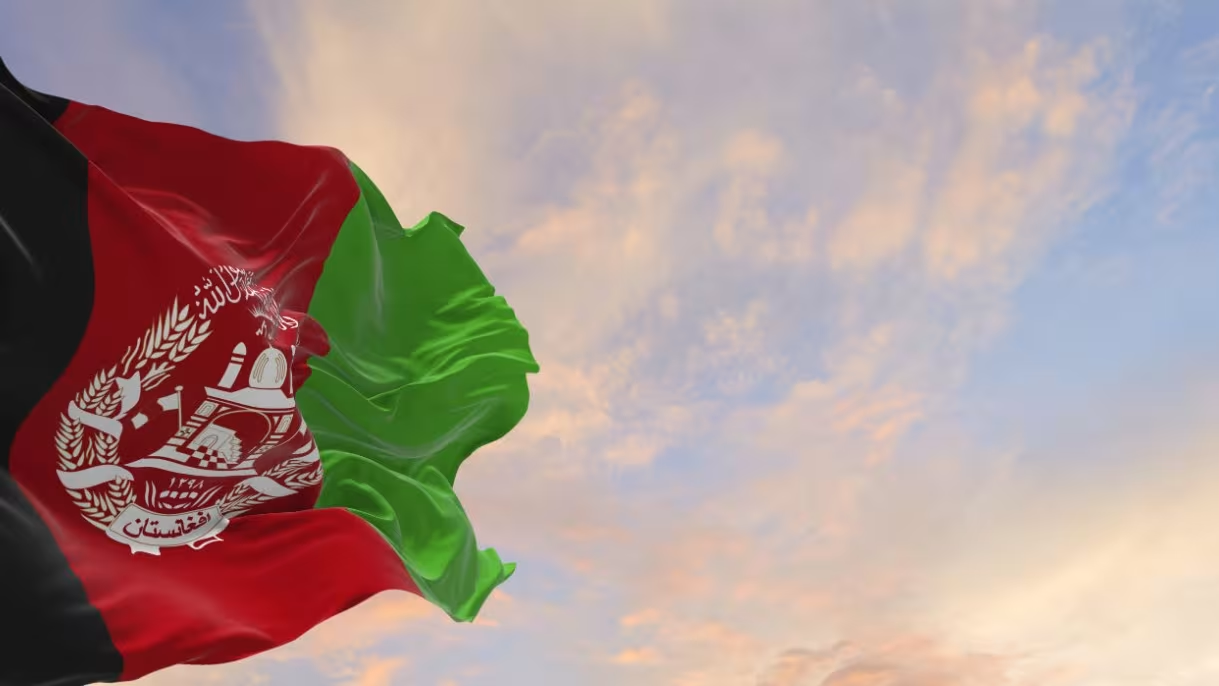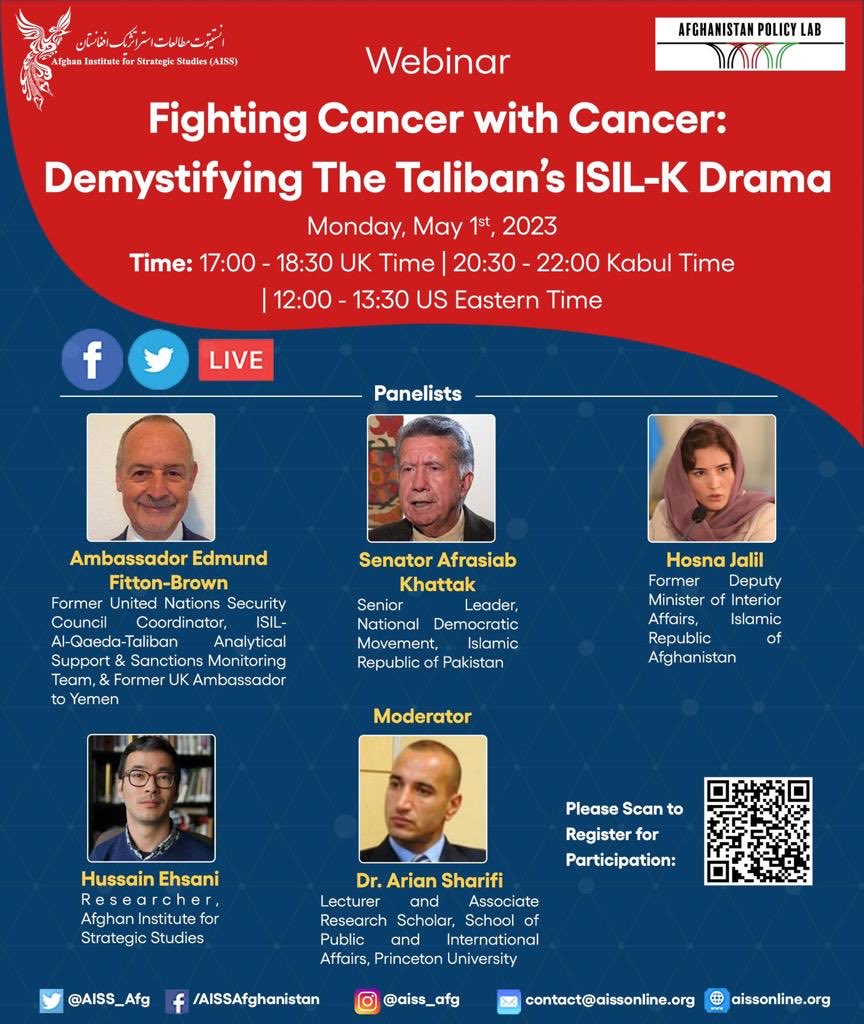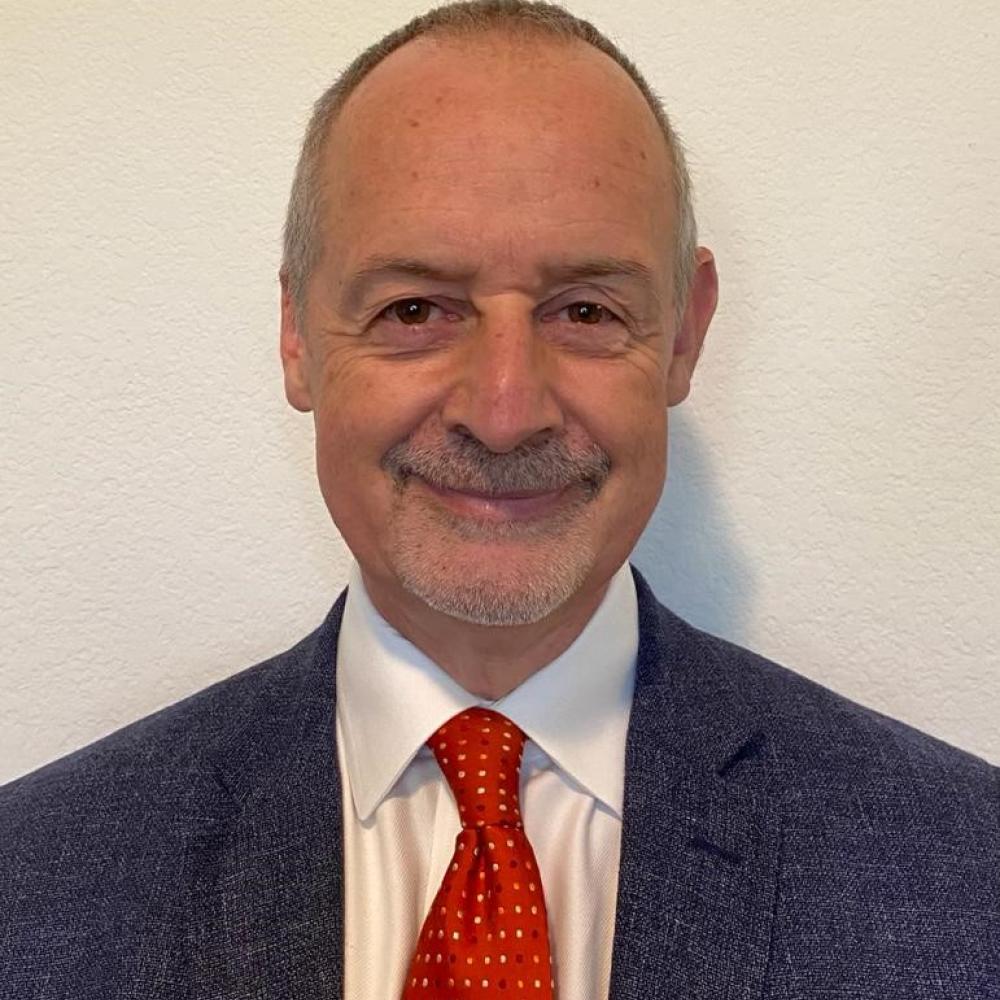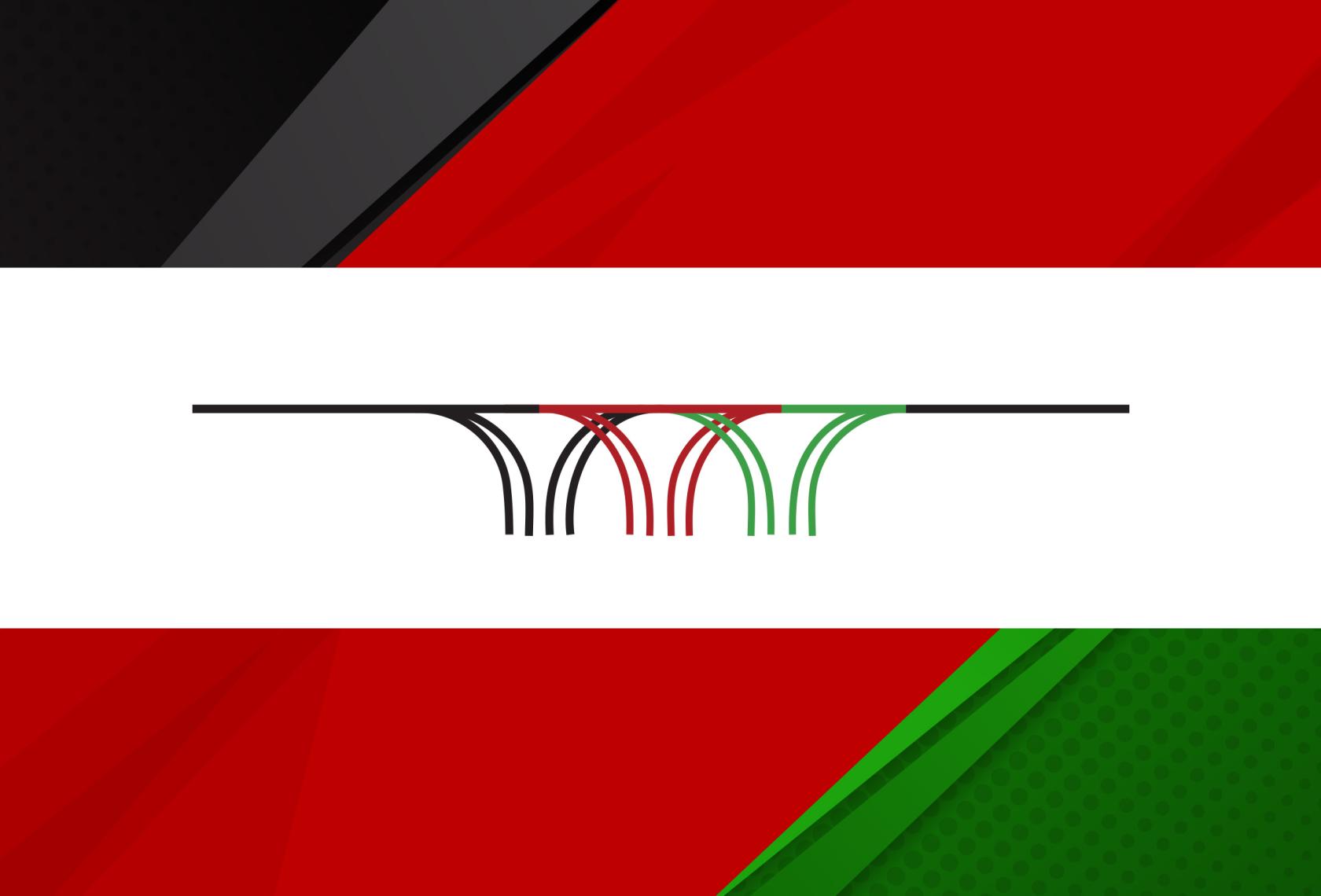
Join us virtually at the link below.


As a branch of the Middle East-based Islamic State of Iraq and Syria (ISIS), ISIL-Khorasan (ISIL-K) emerged in late 2014 in southern and eastern Afghanistan. In the south, a disgruntled Taliban commander and former Guantanamo Bay detainee, Mullah Abdul Raoof Khadim, swore allegiance to ISIS, while in the east, six Pakistani Taliban commanders led by Hafiz Sayed Khan raised ISIS’s black flag. The group immediately came under heavy military attack by Afghan and Coalition forces, resulting in the death and capture of thousands of its fighters, including six consecutive Emirs, over the years. Nevertheless, the group showed spectacular resilience, managing to replace and regain its lost manpower and increase the number and intensity of its operations. Since the Taliban’s return to power in August 2021, ISIL-K is believed to have grown even larger in size and stronger in operational capability, due in part to the end of the Afghan/NATO military operations against it, as well as the savvy tactical adjustments by the group’s new leader, Shahab al Muhajir. ISIL-K is now estimated to command a fighting force of 4,000 to 6,000, operating across Afghanistan through a cell-based structure, poised to expand its operations across the region and beyond. Given ISIL-K’s track record of resilience, can it be effectively countered? If so, what countermeasures are available for the international community? Some regional countries seem to believe that the Taliban are the only effective force that can counter ISIL-K and prevent its expansion beyond Afghanistan’s borders. Is that a viable option? Do the Taliban have the will and capability to effectively counter ISIL-K? Can the Taliban be trusted? In this Twitter space, we bring together a panel of experts to address these and related questions. Our panelists bring together a wealth of practical and academic counter-terrorism expertise to illuminate this important debate at this critical moment.

Ambassador Edmund Fitton-Brown, former United Nations Security Council Coordinator, ISIL-Al-Qaeda-Taliban Analytical Support and Sanctions Monitoring Team, and former UK Ambassador to Yemen.
Senator Afrasiab Khattak, Senior leader, National Democratic Movement, Islamic Republic of Pakistan.
Husna Jalil former deputy minister of Interior Affairs, Islamic Republic of Afghanistan.
Hussain Ehsani, Researcher, Afghanistan Institute for Strategic Studies.
Dr. Arian Sharifi, Lecturer and Associate Research Scholar, School of Public and International Affairs, Princeton University.
